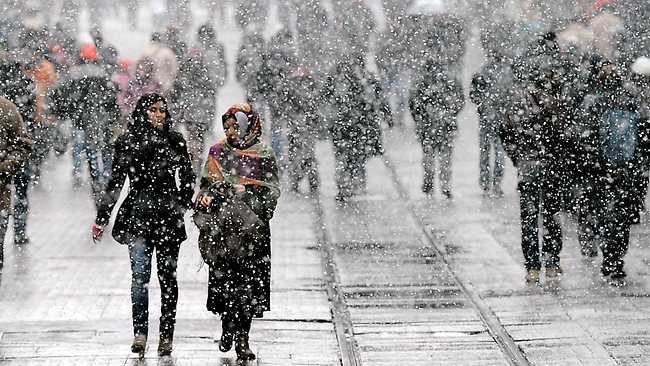Istanbul is one of the most romantic cities in the world. So much so that JFK Jr. took his new bride Carolyn Bassett there for their 1996 honeymoon. Majestically astride two continents, it is a mystical playground of historical marvels, a palimpsest of civilizations that takes travelers back in time. When the sun goes down, the city turns intriguingly contemporary, luring visitors with pulsating night life and the most vibrant restaurants and clubs in Europe.
Whether you’re on a once-in-a-lifetime Valentine’s Day trip, a honeymoon, or simply looking for love, Istanbul’s exotic mosaic of tastes, sounds and aromas will surely sweep you away. Even Cupid would love that Turkish Airlines is offering an incredible Valentine’s Day fare sale to experience the allure of this exotic city – fly to Istanbul from one of the airline’s gateways (Chicago, New York, Washington D.C. and Los Angeles), non-stop for $599. Travelers must book the special economy class fare by January 31, 2012 for outbound travel between February 1 and February 29, 2012.
Once you arrive in Istanbul, here are the top 10 romantic experiences you can enjoy in this unforgettable city:
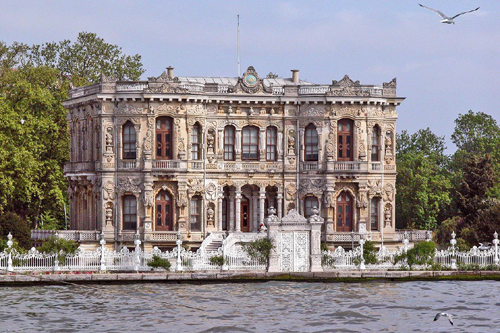
1.) Take a walk at Akinti Burnu along the Bosphorous Straight, the waterway that divides Europe and Asia. As you stroll by locals fishing for the day’s catch, you will be carried away by the breathtaking views of the Asiatic shoreline adorned with palaces and picturesque wooden houses.
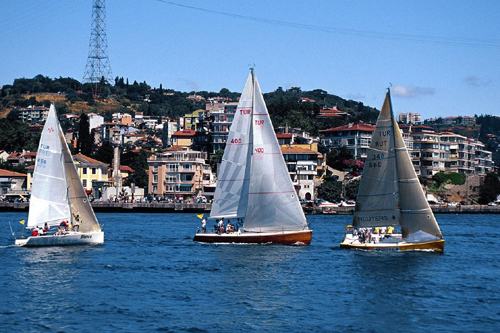
2.) Blend into the local crowd at the Bebek Kahve, a quaint coffee-shop perched on the water’s edge. Sip Turkish coffee, or try Sahlep sprinkled with fragrant cinnamon. This warm milky drink made from orchids is known for its aphrodisiac powers. A symphony of seagulls punctuated with the cracking sounds of dice from the ever-present wooden backgammon sets will serenade you in the background.
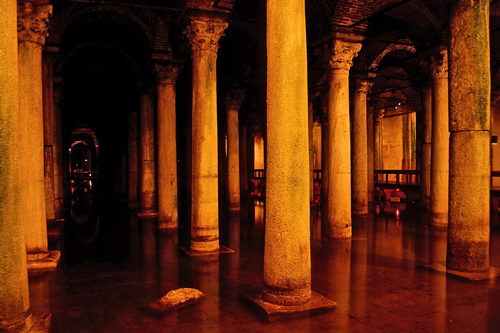
3.) Experience the mysticism of the Basicila Cistern, also known as the “Sunken Palace” or “Yerebatan Sarayi” in Turkish, an underground waterway constructed to supply the royals of the Byzantine Palace. Enjoy the soft classical music that echoes from the domes of the Cistern as droplets of water fall softly from the ceiling.
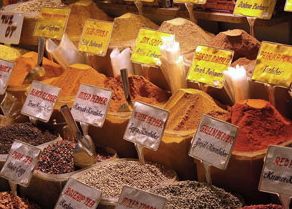
4.) Stroll in the spice market, the aroma of spices and the colorful canvas of herbs, seasonings and dried fruits displayed beneath the bazaar’s vaulted ceilings tantalizing your senses.
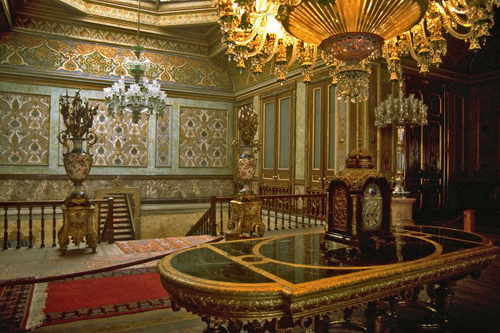
5.) Visit the Topkapi Palace museum, once the fabulous home of the Ottoman Sultans. Their emeralds and diamonds are still here for all to see. Be sure to lunch at Konyali, the palace restaurant with delicious Ottoman cuisine and beautiful views of Istanbul.
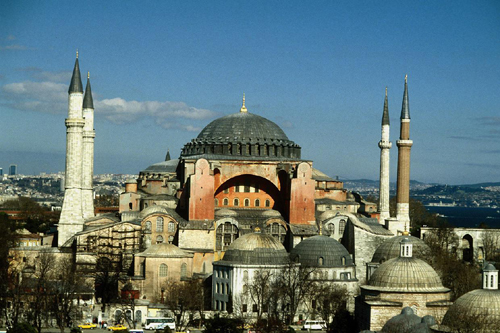
6.) Take in 2000 years of history when you visit Haghia Sophia, the magnificent architectural marvel that has serenely stood the test of time as a cathedral and mosque in the Byzantine and Ottoman eras. Take in the mesmerizing views of the Sea of Marmara from the second floor of the museum, sip Turkish tea in the open-air tea garden, nestled under a majestic tree.
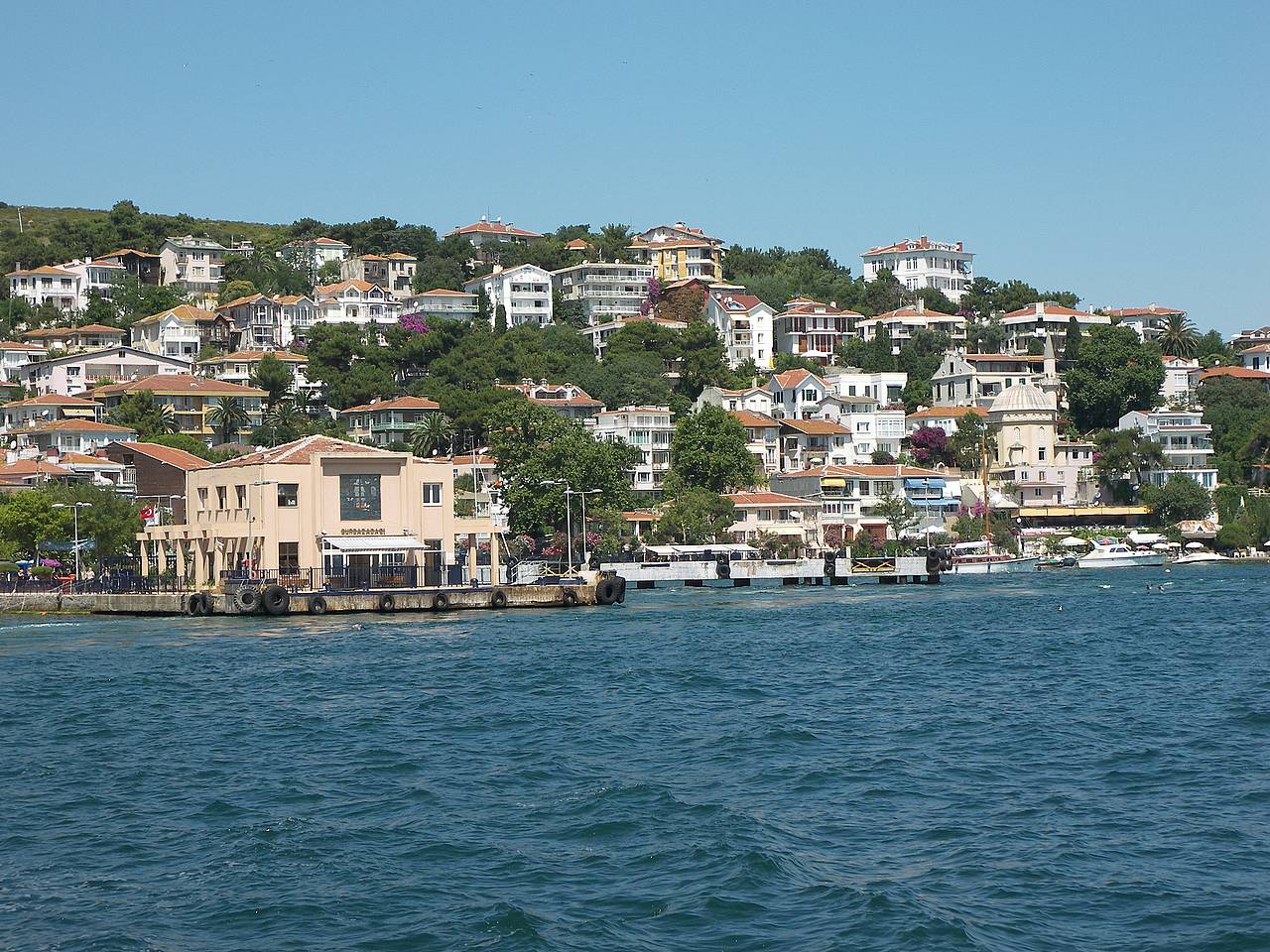
7.) Take a ferry to the Princes’ Islands. Get off at the Buyukada (the Great Island) and stroll this charming isle where no cars are allowed. Take a romantic tour with a horse-drawn carriage among the picturesque poplar trees and villas.
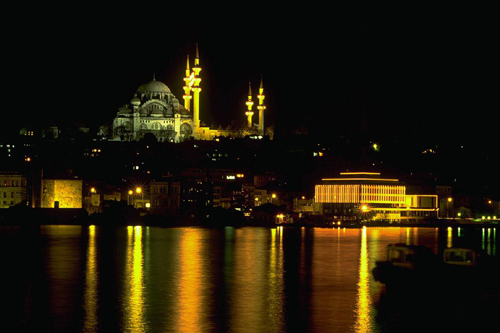
8.) Watch the sunset from the Golden Horn – the estuarine harbor that nurtured the ancient cities of Byzantium and Constantinople upon which Istanbul now stands. Ferryboat claxons orchestrate the city lights flickering to life along the waterways, slowly turning Istanbul into a fairytale land.
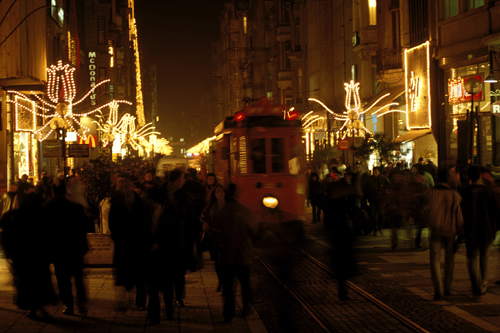
9.) Take in the nightlife of Beyoglu, one of the most eclectic areas of Istanbul. Be sure to stop by Babylon, the hottest spot in town for live music. Hang out with the stylish Istanbul crowd enjoying jazz, reggae or soul music from world-renowned musicians. Genre-bending Belgian singer/songwriter Selah Sue will be performing February 23rd. For more information go to the club’s website.
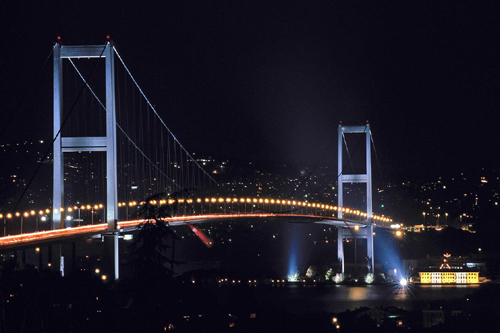
10.) Take a Bosphorus Night Cruise. It is one of the most romantic nighttime activities in Istanbul and a wonderful way to experience the city through its waterways. You will be traveling through time from the Old City to the new, ride beneath magnificent bridges, and gaze upon palaces, castles and decadent Ottoman villas sparkling like jewelry adorning the coasts of two continents.
https://www.huffpost.com/entry/top-10-romantic-things-to_b_1234763






